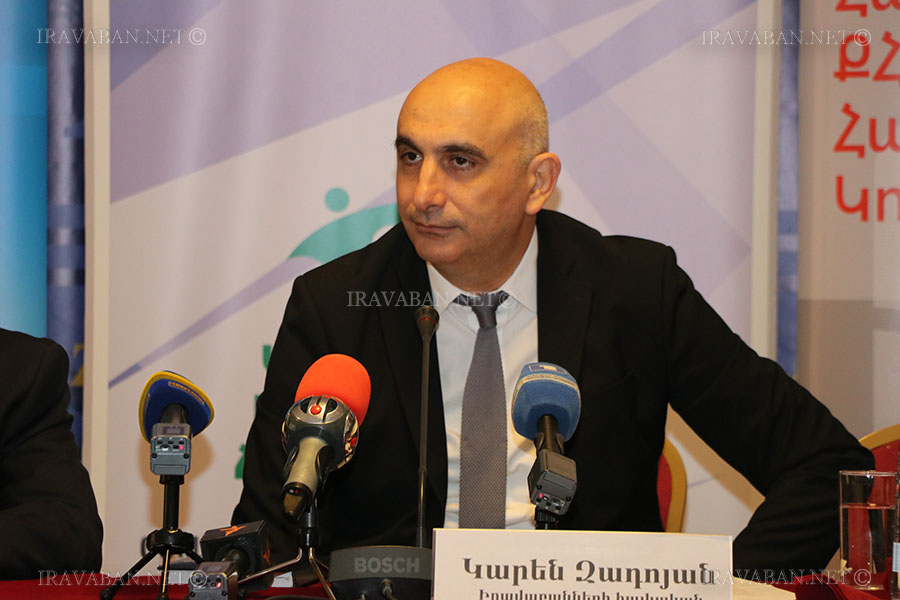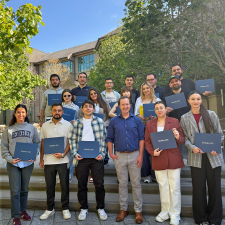Mr. Karen Zadoyan, President of the Armenian Lawyers’ Association, Coordinator of CSOs’ Anti-Corruption Coalition of Armenia’s touched upon the Corruption Perceptions Index published by Transparency International Anti-corruption Organization today.
According to 2018 Corruption Perceptions Index published by Transparency International, the Republic of Armenia, which occupies the 105th place with 35 points among 180 countries (in 2017 Armenia occupied the 107th place with 35 points), has not made any progress. This means that the anti-corruption struggle in Armenia has not been fully implemented during the years. I have repeatedly mentioned that it is necessary to advance from the decentralized system of fight against corruption to a centralized system as soon as possible, because more than a dozen state bodies are fighting against corruption in a decentralized system, but there is not a single body which will be responsible for the recorded results even including the negative ones. The anti-corruption struggle should be based on the three pillars of fight against corruption: anti-corruption education, corruption prevention and inevitability of punishment. Moreover, these three pillars should be in harmony, not under conditions of unhealthy competition.
The High Political Will does not yet mean that Institutional Corruption can be overcome.
The high political will does not yet mean that institutional corruption can be overcome if we do not have a citizen as the main ally of the government in that struggle. The solution for this is ANTI-CORRUPTION EDUCATION.
It is essential to carry out everyday work to prevent corruption by working closely with public/state/ and private sectors to eliminate all loopholes and corruption risks in the legal and regulatory acts by reducing the discretionary powers of officials and public servants by regulating the issues regarding the conflict of interest, property, income and expense and so on. The solution for this is CORRUPTION PREVENTION.
If the above two pillars are not enough to prevent the corrupt behavior of a person, then the third pillar – INEVITABILITY OF PUNISHMENT will be applied, regardless of the position or office.
An institutional decision is needed for the implementation of these three pillars, namely the creation of an INDEPENDENT UNIVERSAL SPECIALIZED ANTI-CORRUPTION BODY that would ensure the implementation of those principles, ensuring their harmonious co-operation and excluding unhealthy competition between the three wings.
In order to ensure the independence and effectiveness of the independent universal anti-corruption body, the foundation of the body should be based on the principles provided in the 2012 Jakarta Statement on Principles for Anti-Corruption Agencies, as a result of which the body will have a model of a new independent state body.
- high institutional and functional independence;
- high accountability to the public and the parliament;
- honest personnel with values, including honesty, competence, ethics, accountability (including financial) and anti-corruption behavior;
- effective anti-corruption mechanisms and tools;
- effective and healthy cooperation between the three wings of the body;
- Capacity to use of modern innovation and information technology solutions, including artificial intelligence.
But we have an alternative for all these: INERTIA, to continue doing what the former government was doing to create a Corruption Prevention Committee and, at the best, a joint investigation body for Corruption Crimes, to create and operate institutes in the framework of the OLD LOGIC.”















